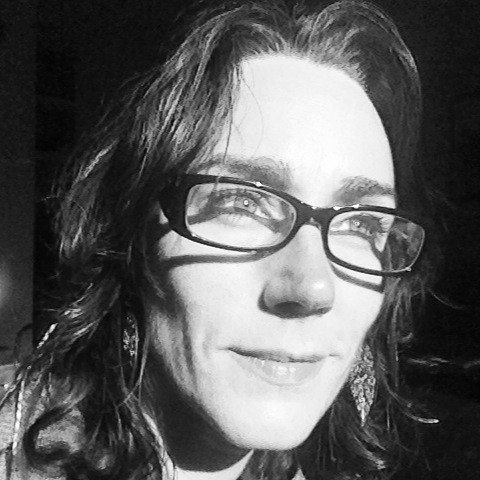Alright – so today we’ve got the honor of introducing you to Rebecca Wendler-Burke LAc, Dipl. OM. We think you’ll enjoy our conversation, we’ve shared it below.
Alright, Rebecca thanks for taking the time to share your stories and insights with us today. Can you share an anecdote or story from your schooling/training that you feel illustrates what the overall experience was like?
One of the high school requirements for acceptance at a University of California institution was 4 years of a foreign language. My freshman year French class had 25 students. Our teacher, Madame Augusts, had a podium atop her desk and posted on its visible side was, “A lack of preparedness on your part does not constitute an emergency on my part.”
Madame Augusts was the most strict of all my high school teachers. She had thin lips, clumsily painted with fuchsia lipstick. Her hair, a greying bob, was defined by a sharp part on the side. She wore bright, baltic colors, often paring turquoise kitten heels with a bright gold blouse and a knee length black skirt. She wrapped herself in a red shawl, and wore a large amber necklace. Several white chin hairs clustered near the side of her right upper lip, which were remarkable when she frowned. Sometimes she would goof and call me Wendy. The first time, I didn’t realize she was calling on me until she was right in my face, red with anger, assuming I was ignoring her or not paying attention. It was hard to keep a straight face. At this point the whole class was snickering. I looked up and locked eyes with her and said, “That is not my name.” Another time, a student was flustered trying to respond to a question while Madame Augusts just kept repeating, “Répondez en français!” The student began her response by addressing her, “Oui, Madame Août.” To this day that is one of the funniest interactions I have ever witnessed. There was only one moment that I ever saw Madame Augusts smile.
Our class size had dwindled to eight our senior year. Perhaps classmates were tired of the class. Maybe they were reluctant to endure even another hour of humiliating discipline. We learned the class would not be offered due to the small class size.
This turn of events put a major monkey wrench in my college plans. In fact, I had already sent out my applications with the continuation of this class listed in my current curriculum. On the first day of my senior year, I went to the main office and requested to speak with the Principal. I do not recall sitting down. I do recall telling the Principal that the decision made with regards to our French class was short-sighted and unfair. I argued that eight of us applied to universities of our choosing. Eight of us had chosen French for the foreign language requirements to a UC, and we had worked hard for the past 3 years. I barked, “It is unfair for us to have our future so affected by the district’s financial insufficiencies and poor planning.” The Principal responded, “I will take your complaint under consideration.” Then she said I could go.
Within the week, the eight of us were back in Madame Augusts’ class, learning French. No one asked any questions. However, a few weeks later, Madame Augusts was walking through the quad, caught my attention, and called me over. She asked me why I had advocated for the class. All I could say was, “It was the right thing to do.” A big smile leaked from her face as she responded, “Yes, it was. It isn’t easy to change things. You should be proud of your actions. Politics are often very complicated.”
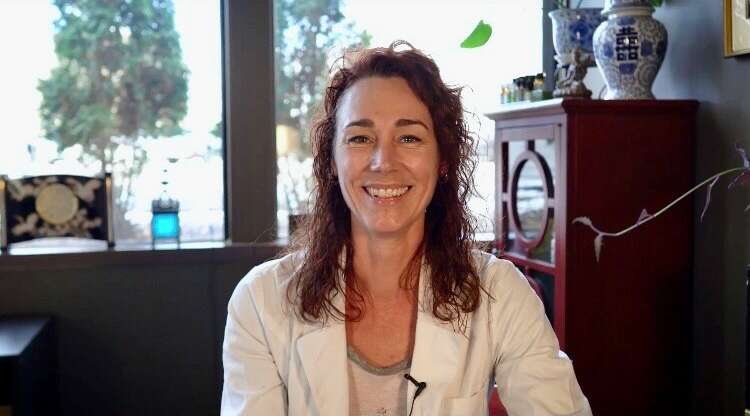
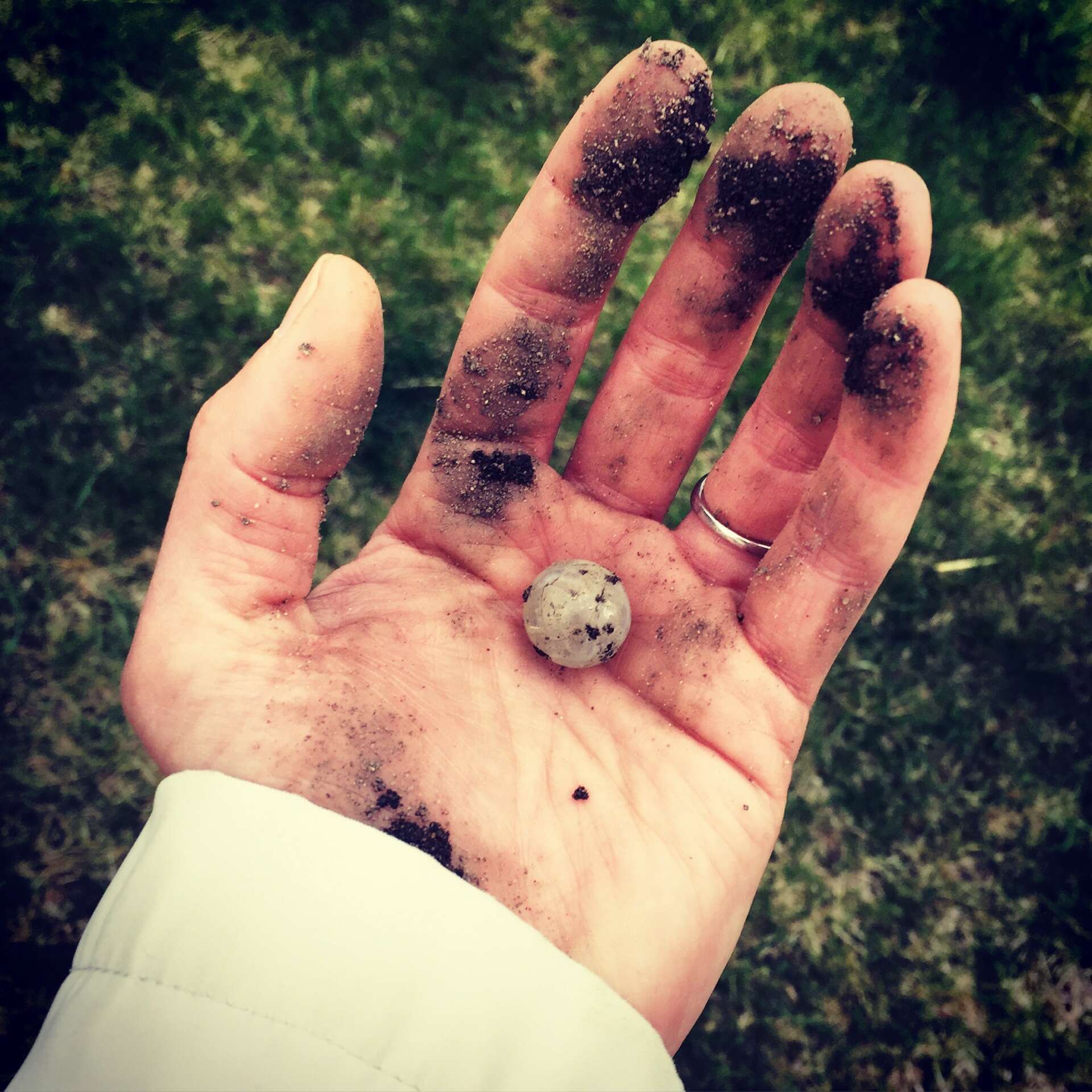
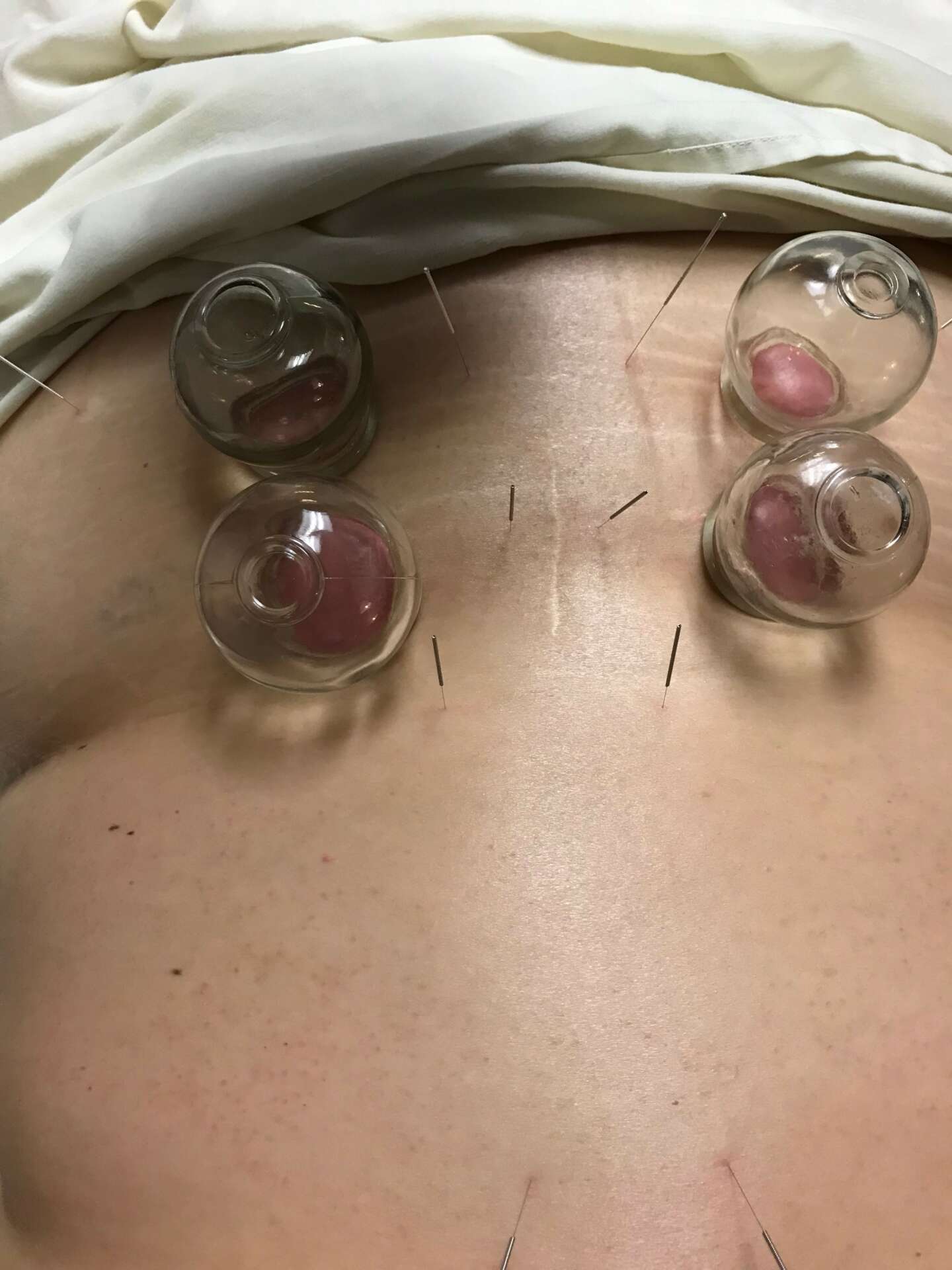
Great, appreciate you sharing that with us. Before we ask you to share more of your insights, can you take a moment to introduce yourself and how you got to where you are today to our readers.
I earned a double major from the University of California at Santa Cruz in Modern Literature and Political Theory. I used to consider myself a jack of all trades, master of none. Photography, poetry, printing, art are all interests I have pursued in creative ways to better understand my surroundings and gain perspective on this world through Spirit. I enjoy making books. Patterns materialize in my mind in both micro and macro manifestations. Swimming is my physical outlet of choice. There is nothing like flying through the water that brings me to a state of total awe of my physical being. My outlook is one of ‘lantern consciousness.’ I suppose it is this quest to better understand the here, the now, the connections, and the possibilities of human potential that allows a heightened awareness in everything that comes into my reality. Listening and observing are strengths that I bring to my practice. How to use the information I perceive comes from cultivating humility and being guided by Spirit.
I received a Master’s Degree from The American College of Traditional Chinese Medicine in 2010. I am an acupuncturist, herbalist, and massage therapist located in the Twin Cities. I became an acupuncturist out of a yearning to be of service to humanity and the planet. My massage technique is a hybrid of Shiatsu, Tui Na, and Thai mobilization techniques. My motto is, “God can’t move a parked car.” Pain in Chinese Medicine is seen as a state of excess, where there is blockage and stasis of Qi and blood. My routine involves mobilizing Qi and blood through the meridians. I follow the natural course of meridian flow through to the extremities, where the body has its most powerful points. These points are considered “Well” points, not as in feeling well, but as in a storage for water, or Jing. Here the points must be powerful as they provide the necessary volume of Qi to influence the polarity of yang and yin to return to the physical body and complete the continuation of Qi flow through to the next meridian.
Humans are electrical beings. We have 5 spark plugs, each with a yang/ yin polarity, or a positive/ negative charge. The 5 elements are these spark plugs and represent a system of universal functions, described as Water, Wood, Fire, Earth, and Metal. In this order, the generating cycle is in balance and all polarity is optimal. When this cycle is disrupted, there is a misfire occurring in one or more of the 5 elements. The flow of Qi is now pathological, and overtime will manifest as disease. One of the ways I get to the root of chronic disease is by understanding where this misfire is occurring, and making adjustments to the flow of Qi through the 5 elements’ pathways with acupuncture.
The crux of our vitality rests in our being able to process food and emotions. Each element carries an emotion, is affected by and injured by emotions. Yes, even Joy can be pathological, as seen in exuberance of heart fire leading to mania. If we can observe our encounters and interactions, we become mindful, and are better able to identify trauma quickly, or change course without getting beyond a point of no return. We can be less reactive, more lucid and observant to our surroundings and triggers. This understanding is perhaps key to our becoming sustainable beings, not just for our health and the effort it takes to maintain it but for the health of the planet. As we observe and experience abnormal fluctuations in weather patterns, we know climate affects all beings on the planet. Public health and planetary health are connected. The Earth element is the center of our everything. It manifests in our gut and microbiome, in our thinking, and is the foundational metaphor for everything I bring to my practice. The Treatise on Spleen and Stomach (Ping Wei Lun) was written between 1115-1234 by Li Gao. It sheds light on the importance of the Earth element (Spleen Yin, Stomach Yang) in overall vitality and health. It also elucidates the concept of Yin Fire. I believe that aligning ourselves with the natural biorhythms of Earth is as easy as seeing an acupuncturist who knows what the bigger picture is when evaluating the prognosis of a given health concern. Furthermore, by recognizing the commonalities between Humans and Earth, we will begin to understand and heal generational trauma. We will begin to understand that suppression of pain leads to a reactivity based in fear and avoidance. These are the little pings of a check engine light flickering in a highly specialized and functional machine. The Earth has not withstood the greedy extraction of natural resources without sustained harm- just as we do not endure improper nutrition for very long. We share the culmination of these as injuries which result in trauma and disease. Perhaps a more poignant perspective is realizing that we are the autoimmune disease on the planet: a parasite where there is no reciprocity, which fosters toxins, stress, and a lack of balance and self-accountability.
Having been diagnosed with Lupus as a young adult, I am particularly interested in autoimmune disorders. As I have learned, there is never one mechanism to a full blown autoimmune crisis or disease, but I can attest to it manifesting in the gut and digestion long before the crisis. What a client brings in this state is often a very complicated set of symptoms. My intention in the intake is to understand what manifests as ‘the tip of the iceberg.’ In the next few sessions, I address symptoms which cause the client to be in a state of fight or flight, where the sympathetic nervous system is stuck in the “on” position. Once I have switched the autonomic nervous system to parasympathetic- or rest and digest- then I am confident I am working within a system that will begin to regulate and heal. From there, the path becomes clearer for both myself and the client. The first several sessions are crucial to the overall outcome. I need my clients to understand their role and degree of devotion to the process. If there is no dedication on their part and I am doing all the work, then there is no partnership in the effort, and frankly they will not get the relief or the results they desire. In these cases, one or two sessions is just not enough influence to correct a longstanding imbalance. Furthermore, sessions that are too spread out, leave me beginning from square one. As I am now asymptomatic, I know from experience the effort it took for me to get here. It took 18 months of weekly treatments with herbal supplements, lifestyle changes, nutrition changes, and a good examination of my emotional state of mind to regain my health and vitality. Health is a moving target. Getting it right is a daily endeavor.
Proactive clients would seek out the benefits of Chinese Medicine when digestion or assimilation of food becomes abnormal, erratic, or off. When one sees a decline in muscle tone, or experiences depression for long stretches, acupuncture should be a first course of action. Any injury, whether that be emotional or physical, will have lasting impacts on one’s life going forward. Recognizing that Chinese Medicine is an avenue to mitigate the impact of any adverse life event is a valuable resource for sustainability.
Compassion, empathy, and acceptance are things I bring to my clients while they seek out their own healing path. I encourage growth, self-reflection, self-acceptance, and above all accountability. I am here to listen and observe. The action I take is grounded in Traditional Chinese Medicine and an inner voice of intuition through Spirit. With this mind frame, healing takes on an entirely different meaning. Helping one human at a time will uncover the true potential of our collective consciousness.
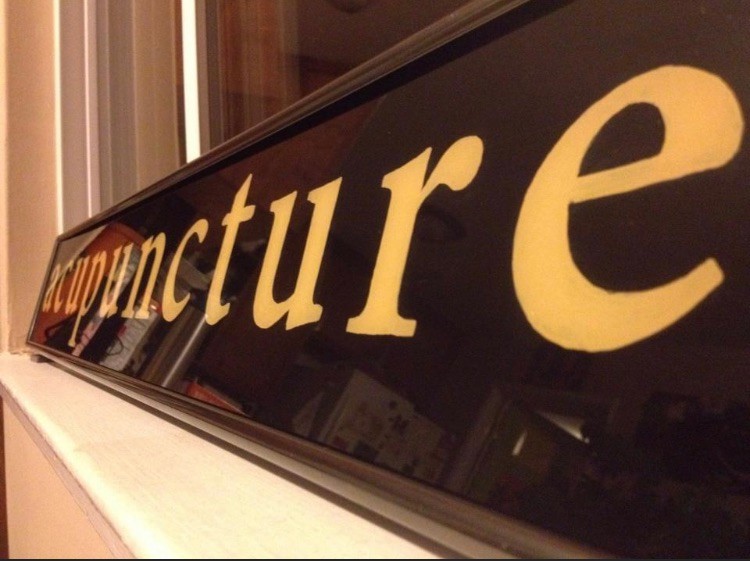
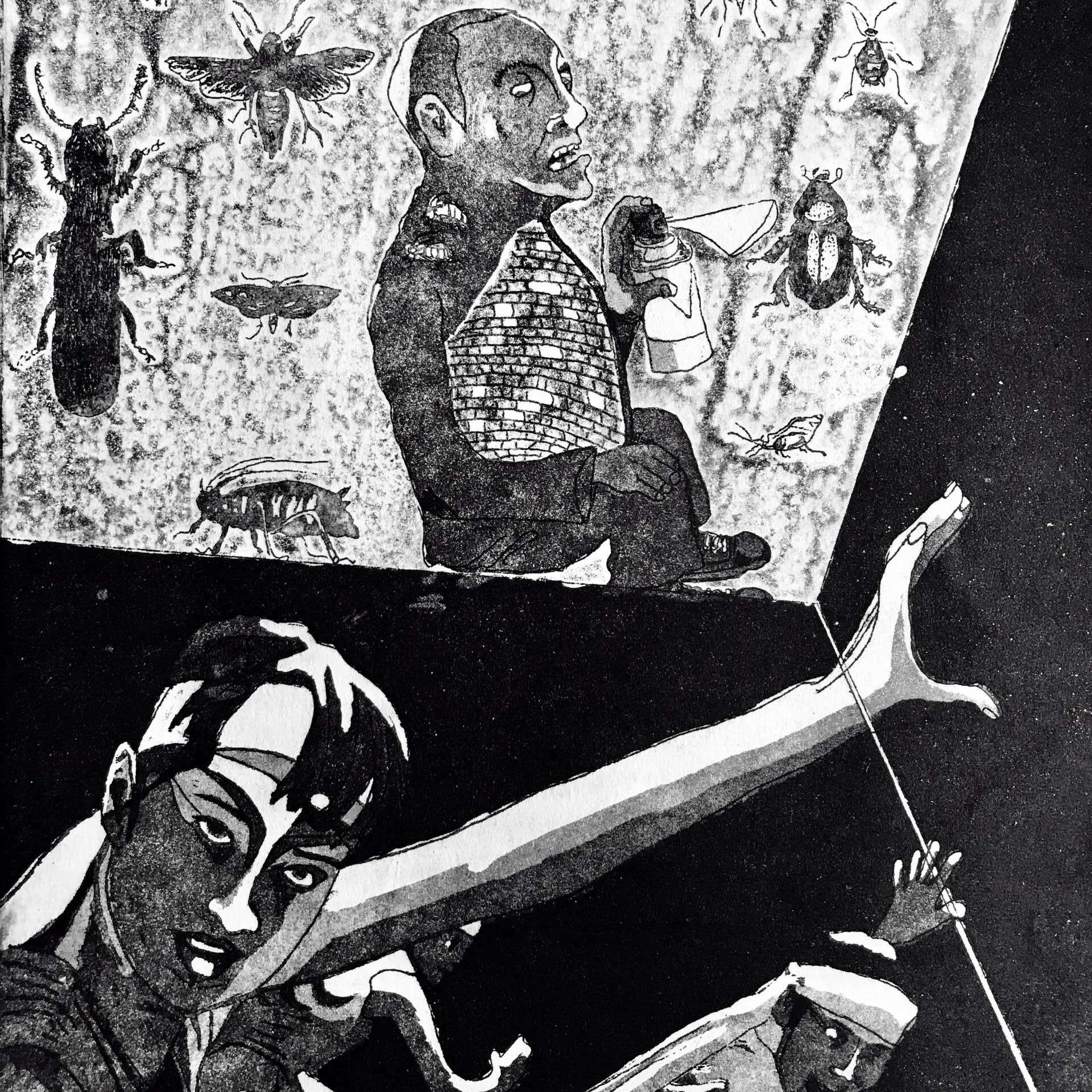
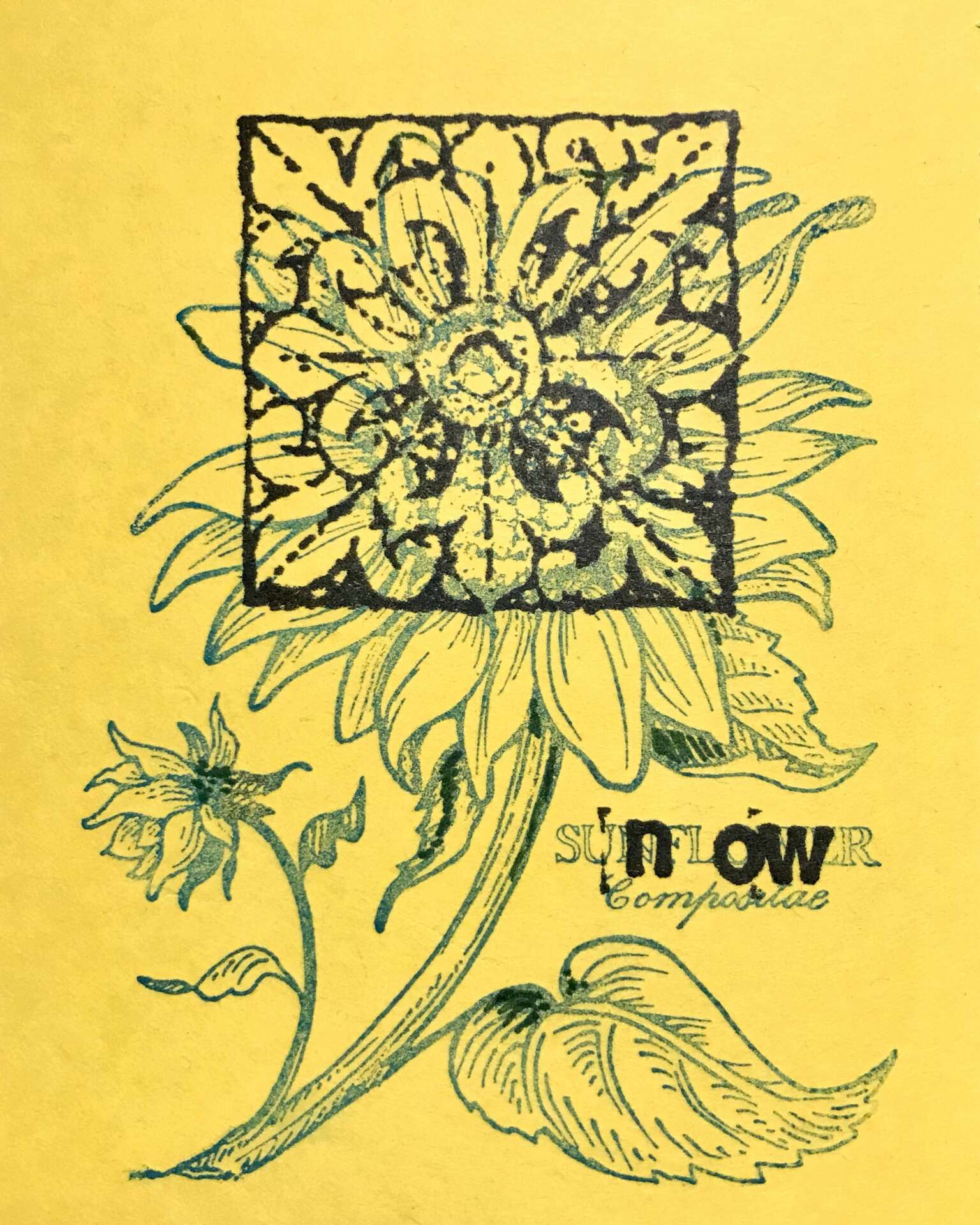
Let’s talk about resilience next – do you have a story you can share with us?
In my early 20’s I was diagnosed with Lupus. I was lucky to be able to seek out acupuncture treatments as an alternative to the life-long drug therapy recommended by the diagnosing doctor. Weekly treatments with a group of student interns at Five Branches University in Santa Cruz, California for 18 months was the ticket to its resolution. I was asymptomatic, so I was no longer experiencing irritable bowel syndrome, fatigue, joint pain, depression, or weight loss. This development allowed me to pursue a career path which I believed, at the time, was in publishing. I was accepted to NYU’s SPI (Summer Publishing Institute) and moved to Brooklyn in May 2001. I was poised to witness 9/11 from my rooftop. In the following few months every single symptom returned. It was a very dark time for me, for our country, for New York. I again turned to acupuncture for support, and again found myself in a state of resilience, hope, and health. I was hired as an Editorial Assistant at St. Martin’s Press, but I was no longer confident that I had found my career path in publishing. After some very prophetic dreams, I returned to California. I worked as a Pastry Assistant while I completed my application to teach English abroad. Being abroad in France again was like a much needed sabbatical. When I returned to California in 2003, a twist of fate placed me in San Francisco in the purchasing department at the California Culinary Academy, just 4 blocks from The American College of Traditional Chinese Medicine. I worked toward my prerequisite course requirements at City College of San Francisco and then enrolled full-time at ACTCM in August of 2006.
I graduated in 2010, passed the California State Board exam, and interned with Yen-Wei Choong. I began to feel that I needed to learn how to quiet my mind, like a Monopoly moment, where I heard myself say, “You do not pass Go.” I decided to attend a silent meditation retreat. Through Vipassana, I sat with myself, silent for 10 days. I scanned my body, got distracted, got angry, got irritated for putting myself through the pain that surfaced when sitting for too long in the lotus position. I argued with myself, “You were the one who wanted to do this, so why are you so pissed off?” In this experience, I resonated with all humans. I resonated with the planet. I consolidated generational trauma. I embodied my trauma. The realization was that until this retreat, I was reacting to everything. I was unable to be with my pain. I was avoiding my pain because like most, I didn’t like how it felt. Being authentic and having authentic emotions was a foreign concept to me. Everything that I did was to avoid feeling pain, whether agreeable or not. There was a growing sense of accountability in the aftermath of this retreat. I recognized how I had been vulnerable to predatory people. I lacked boundaries. I lacked support, just as my parents lacked support in their upbringing. My life prior to this involved trauma bonding and being manipulated by narcissists and egocentric opportunists who felt they knew exactly who I was, and how to take advantage of me, judge me, or use me to avoid their own pain and self accountability. Some were actually afraid of me. I had no idea who I was, or my potential, and I could not see my power or even situate my options.
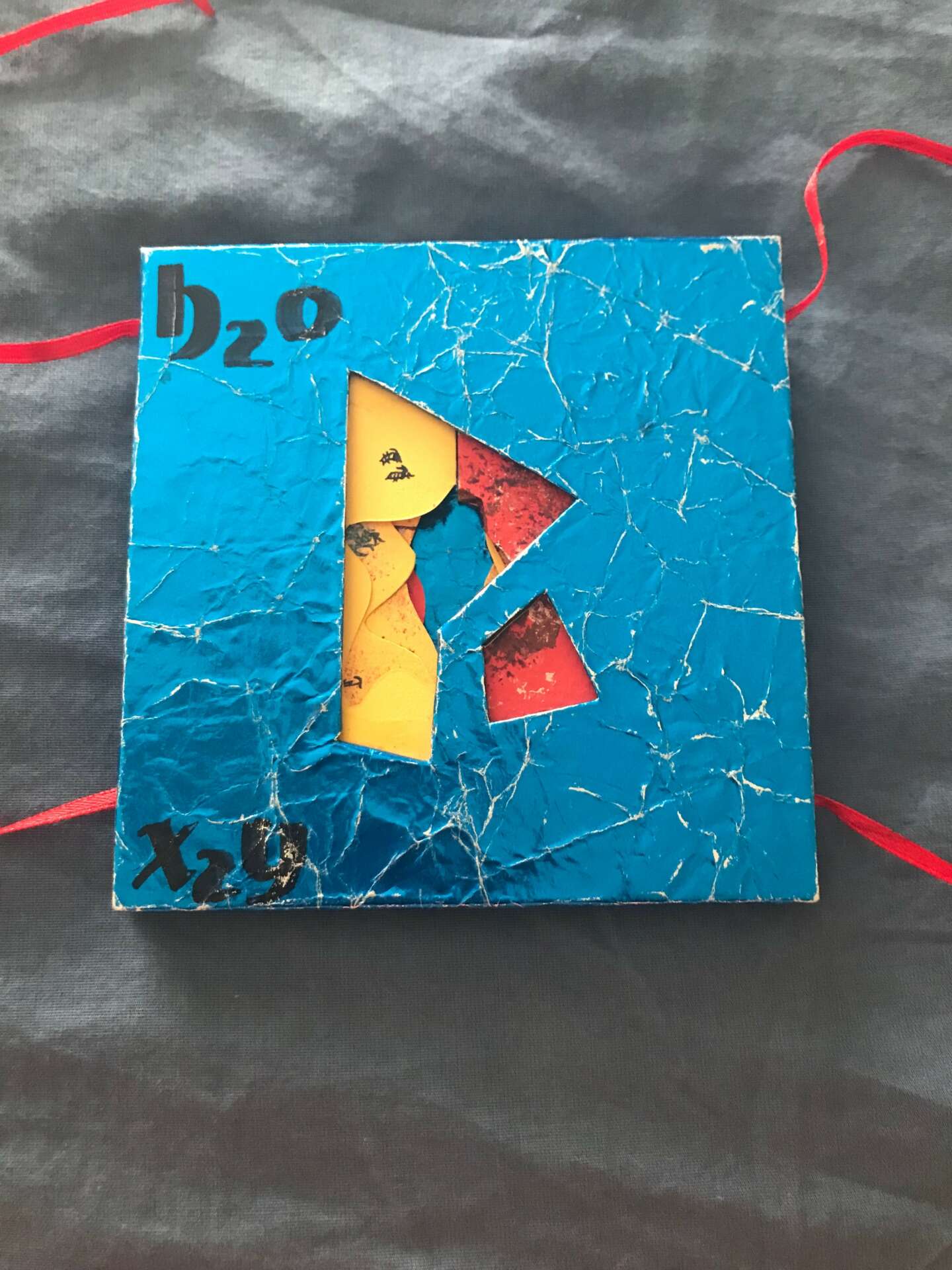
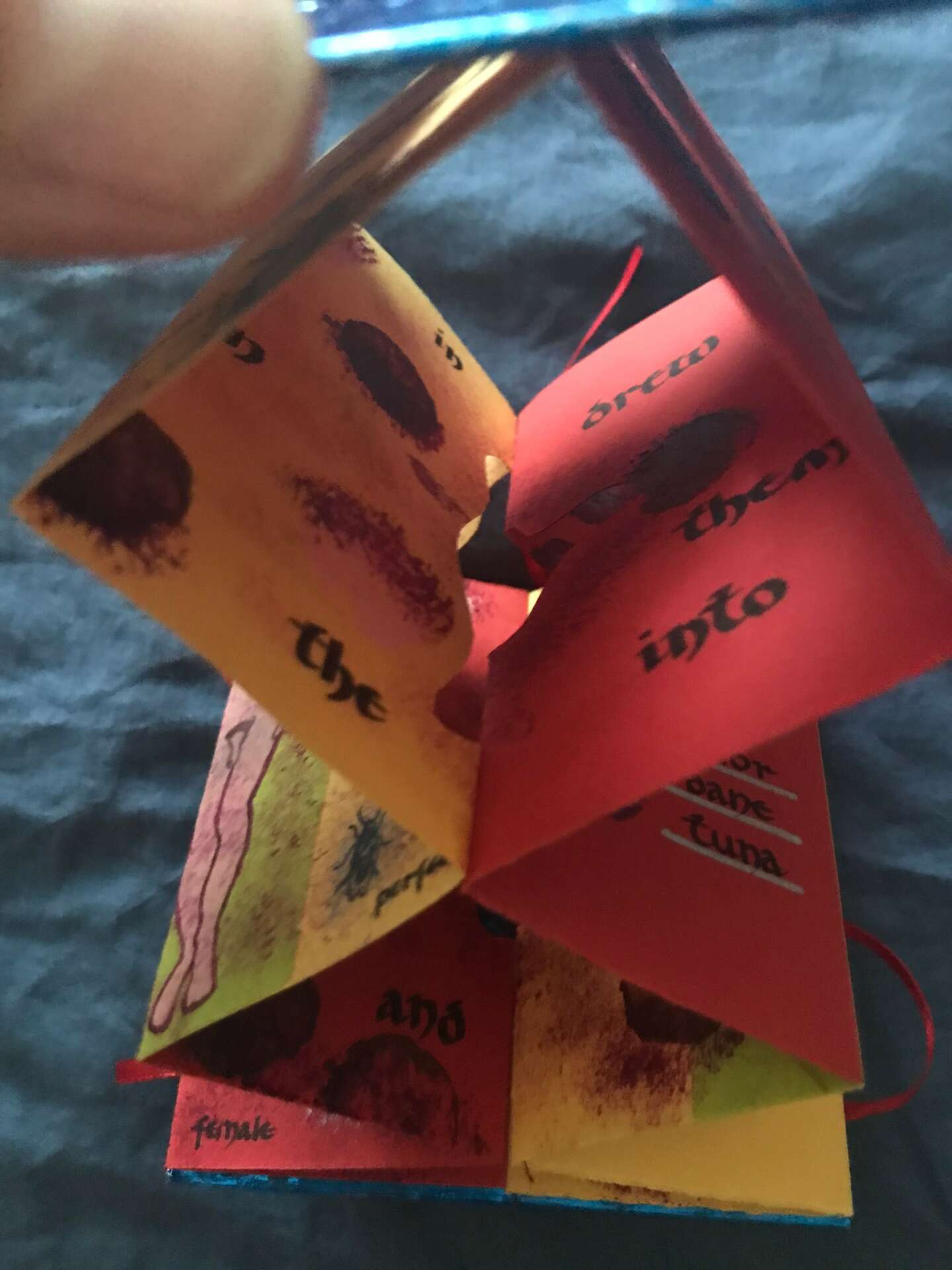
Learning and unlearning are both critical parts of growth – can you share a story of a time when you had to unlearn a lesson?
Essay writing for me was challenging in high school. My AP History teacher, Mr. Foletta, gave me a D on one of my history exams. I spent several hours with him after school working on supportive statements for my thesis and building an outline. It paid off, as my next grade was a B+ and for the rest of that year, I earned A’s on every essay exam.
My freshman year at UCSC, I earned an excellent for an essay on Hannah Arendt’s “The Human Condition.”. Then, later, my sophomore year, I wrote an essay for a Political Theory class. The TA was very distraught at this essay, so I met with him to clean it up and work out the thesis. As it turned out, when I explained what I was trying to get across in my thesis, it was the planned topic for the next week’s lecture and literature. He wrote in my evaluation that I had a “severe writing disability,” but was a bright and independent thinker.
My Junior year was spent studying abroad in Lyon, France. I was enamored by two poets, René Guy Cadou and Eugène Guillevic, in one of my 20th Century French literature classes. I wrote an essay in French, comparing the two poets and their underlying use of metaphor. The professor, very displeased, told me that it wasn’t even worth a grade.
Finally, my Senior year, I had worked out the structure for essay writing that worked for me. It resembled the French dissertation style, that began broad, and then narrowed with supportive statements, and then broadened again, contradicted itself, and then ended exploring an entirely different supposition. In another written evaluation, I would receive accolades for having given the best presentation in the class, and then a statement that blew my mind, “Rebecca thinks in metaphor, which at times makes her difficult to follow, but indicates a very high level of thoughtfulness, imagination, and intelligence.”
I remember learning that in Chinese culture, understanding and mastering at least 5 different subjects, is what makes someone a genius. I recall that Lacan strongly advocated for an exchange among 5 different disciplines in order to have a well rounded understanding of all the nuances involved in higher thinking. Academically, exchanges among multiple subjects like music, mathematics, medicine, astronomy, art, philosophy, politics, have imbued culture with profound advances in thought and evolution. Culturally providing a platform for an unimpeded exchange of information in any endeavor will allow for a better outcome.
Traditional Chinese Medicine uses a lot of metaphor in its evolution of observation and diagnosis, so ironically, my brain was very well suited to this type of education. It gave the rote memorization of points, herbs, and characters context and history. I am not a linear thinker, and I believe that understanding this for me was key to shrugging off others’ opinion of my “eccentric” thought process. Furthermore, the connections I made among different components of Traditional Chinese Medicine illuminated a pattern of universal connections and transparency.
A culture that cannot provide a platform for authentic expression of differing beliefs or practices, such as a culture that functions out of fear, will elicit panic when at last it realizes that it has made nothing out of enduring conflict. This synthesizes the inadequacy of linear and narrow minded thinking.
Contact Info:
- Website: https://rebeccawendler.wordpress.com and https://www.rwbacupuncture.com/
- Instagram: TheSharpAcupuncturist
- Twitter: @vyoruby
- Youtube: @thesharpacupuncturist
Image Credits
Luke Porter Rebecca Wendler-Burke


